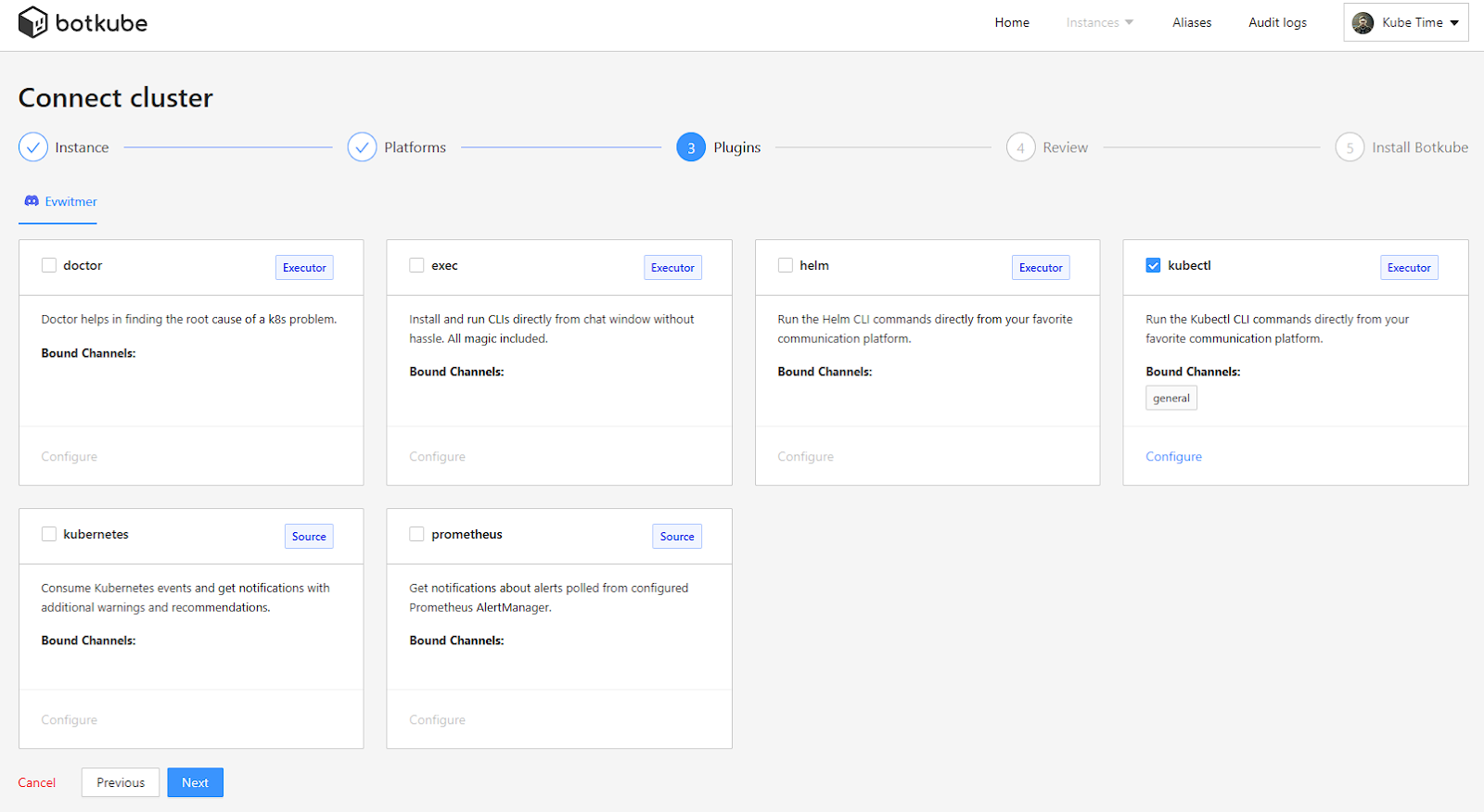Understanding the Role of Platform Engineering
.avif)

Table of Contents
Platform engineering is a term that has gained popularity in recent years, but what exactly does it mean? In this article, we will explore the basics of platform engineering, its role in the tech industry, and why it is an essential aspect of modern software development.
What is Platform Engineering?
The Basics

Platform engineering is the process of designing, building, and maintaining the underlying infrastructure and systems that support software applications. It involves creating a stable and scalable foundation for software development, deployment, and maintenance.
Platform engineers are responsible for creating and managing the tools, frameworks, and services that developers use to build and deploy their applications. They work closely with software developers, DevOps engineers, and other IT professionals to ensure that the platform is reliable, efficient, and secure.
The Role of Platform Engineering in Software Development
Platform engineering plays a crucial role in the software development process. It provides the necessary infrastructure and tools for developers to build and deploy their applications quickly and efficiently.
Platform engineers are responsible for creating and maintaining the platform's architecture, which includes servers, databases, networking, and other essential components. They also develop and manage the tools and frameworks that developers use to build and deploy their applications.
In addition to providing the necessary infrastructure and tools, platform engineering also focuses on automation and standardization. By automating processes and standardizing tools and frameworks, platform engineers can ensure consistency and efficiency in the software development process.
Why is Platform Engineering Important?
Scalability and Flexibility

One of the primary reasons why platform engineering is essential is its role in scalability and flexibility. As businesses grow and their software needs evolve, the platform must be able to adapt and scale accordingly.
Platform engineers design and build systems that can handle increased traffic, data, and user demands. They also ensure that the platform is flexible enough to accommodate new technologies and changes in the software development process.
Efficiency and Cost Savings
By automating processes and standardizing tools and frameworks, platform engineering can significantly improve efficiency and reduce costs. With a well-designed and maintained platform, developers can focus on building and deploying applications rather than managing infrastructure and tools.
Additionally, platform engineering can help reduce costs by optimizing resource usage and minimizing downtime. By continuously monitoring and optimizing the platform, engineers can identify and address any issues before they become costly problems.
Security and Reliability

by Redd F (https://unsplash.com/@raddfilms)
In today's digital landscape, security and reliability are critical concerns for any business. Platform engineering plays a crucial role in ensuring that the platform is secure and reliable.
Platform engineers implement security measures and protocols to protect the platform and the applications built on it. They also monitor and maintain the platform to ensure that it is always available and performing at its best.
The Role of Platform Engineering in Modern Software Development
Cloud Computing
Cloud computing has revolutionized the way software is developed and deployed. Platform engineering plays a crucial role in this process by designing and managing the infrastructure and tools that enable cloud computing.
Platform engineers work closely with cloud service providers to ensure that the platform is optimized for the cloud environment. They also develop and maintain tools and frameworks that make it easier for developers to build and deploy applications in the cloud.
Microservices Architecture
Microservices architecture is a software development approach that involves breaking down applications into smaller, independent services. Platform engineering plays a crucial role in this process by designing and managing the infrastructure and tools that support microservices.
Platform engineers work closely with software developers to ensure that the platform can handle the increased complexity and communication between microservices. They also develop and maintain tools and frameworks that make it easier for developers to build and deploy microservices.
DevOps
DevOps is a software development approach that emphasizes collaboration and communication between software developers and IT professionals. Platform engineering plays a crucial role in this process by providing the necessary infrastructure and tools for DevOps to be successful.
Platform engineers work closely with DevOps engineers to ensure that the platform is optimized for the DevOps process. They also develop and maintain tools and frameworks that make it easier for DevOps teams to collaborate and deploy applications.
How to Become a Platform Engineer
Education and Skills
To become a platform engineer, you will need a strong foundation in computer science, software engineering, and IT. A degree in computer science or a related field is typically required, along with experience in software development and IT.
In addition to technical skills, platform engineers also need strong communication and problem-solving skills. They must be able to work well with others and adapt to changing technologies and processes.
Knowledge of Platform Engineer Tools
As a Platform Engineer delves deeper into areas like Kubernetes, microservices, and GitOps, they will likely realize the increased need for tooling. These technologies bring complexity and require specialized tools to effectively manage and deploy applications. Starting with a tool like Botkube can be beneficial as it simplifies the installation of other helpful tools through its setup wizard.

Additionally, Botkube facilitates the management of these tools by allowing most platform engineering tools to be connected to Slack and interact with them. For instance, with Botkube, a Platform Engineer can receive notifications in a shared channel when a new Git request needs approval and even approve it directly from Slack. This integration enables self-service platform engineering to be brought into Slack or Teams and managed in a ChatOps fashion, making the overall process more streamlined and efficient.
Experience
Experience is crucial in becoming a successful platform engineer. Many platform engineers start their careers as software developers or IT professionals and gain experience in platform engineering through on-the-job training and mentorship.
Real-World Examples
Netflix
Netflix is a prime example of the importance of platform engineering in modern software development. The streaming giant has a highly complex and scalable platform that supports millions of users worldwide.
Netflix's platform engineering team is responsible for designing and managing the infrastructure and tools that enable the streaming service to run smoothly. They also work closely with software developers to ensure that new features and updates are deployed seamlessly.
Airbnb
Airbnb is another company that relies heavily on platform engineering. The platform connects millions of hosts and guests worldwide, and its success is dependent on a stable and scalable platform.
Airbnb's platform engineering team is responsible for designing and managing the infrastructure and tools that support the platform. They also work closely with software developers to ensure that the platform can handle the increased traffic and data demands.
Conclusion
Platform engineering is a crucial aspect of modern software development. It provides the necessary infrastructure and tools for developers to build and deploy applications quickly and efficiently. By understanding the role of platform engineering and its importance in the tech industry, you can better appreciate the work that goes into creating and maintaining the platforms that power our digital world.
About Botkube
Botkube is an AI-powered Kubernetes troubleshooting tool for DevOps, SREs, and developers. Botkube harnesses AI to automate troubleshooting, remediation, and administrative tasks— streamlining operations to save teams valuable time and accelerate development cycles. Botkube empowers both Kubernetes experts and non-experts to make complex tasks accessible to all skill levels.
Related topics:


.avif)
.avif)

.avif)